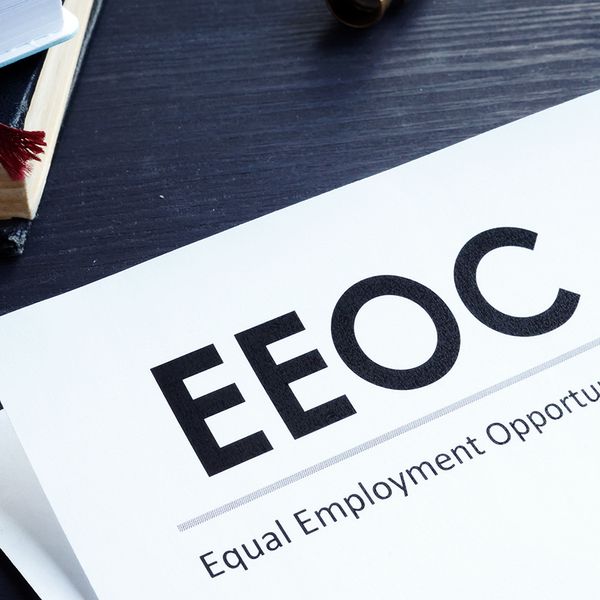EEOC sues 15 employers that didn’t report workplace demographics
In a bold move to ensure workplace equality, the U.S. Equal Employment Opportunity Commission (EEOC) has set its sights on employers who dare to defy the law.
The agency recently filed suit against 15 employers in 10 states for repeatedly failing to comply with mandatory federal EEO-1 reporting requirements.
The employers named in the suit represent industries from across the board. Retail, construction, restaurant, manufacturing, logistics, and service companies are included.
The EEO-1 Component 1 report is a mandatory annual data collection, and the employers mentioned in the suit failed to fulfill their obligation to collect and report data in prior years, including 2021 and 2022.
Current collection underway
The EEOC’s action is a timely reminder to employers that the agency is serious about collecting the required information within the designated reporting period.
The agency opened its online reporting platform for employers to submit their 2023 EEO-1 data on April 30. The deadline to file is June 4.
Who must file?
All private sector employers with 100 or more employees, and federal contractors with 50 or more employees meeting certain criteria, are mandated to annually collect and submit demographic workforce data to the EEOC.
The data collected includes workforce information by:
- Race/ethnicity,
- Sex, and
- Job categories.
There are certain exemptions. For example, local and state governments, as well as public schools are exempt.
Why do employers have to file?
The workforce demographic data that the EEOC collects is used for a variety of purposes including:
- Enforcement,
- Analytics,
- Research, and
- Employer self-assessment.
“This data collection is an important tool for ensuring compliance with Title VII’s prohibition on workplace discrimination,” said EEOC General Counsel Karla Gilbride. “Not only did Congress authorize the EEOC to collect this data, Congress also authorized the agency to go to court to obtain compliance when employers ignore their obligation to provide the required information.”
The big picture
In addition to fulfilling a government requirement, the data collected provides useful information for employers looking to assess their company’s diversity efforts.
Many companies recognize that providing good quality jobs makes them an employer of choice, giving them an advantage when it comes to recruitment and retention.
Companies with employees who are respected, empowered, and treated fairly position themselves for success, and diversity efforts can help create a desired positive company culture.
Key to remember: Employers have until June 4 to file their required 2023 EEO-1 data to the EEOC or risk a lawsuit, which 15 employers recently learned the hard way.























































